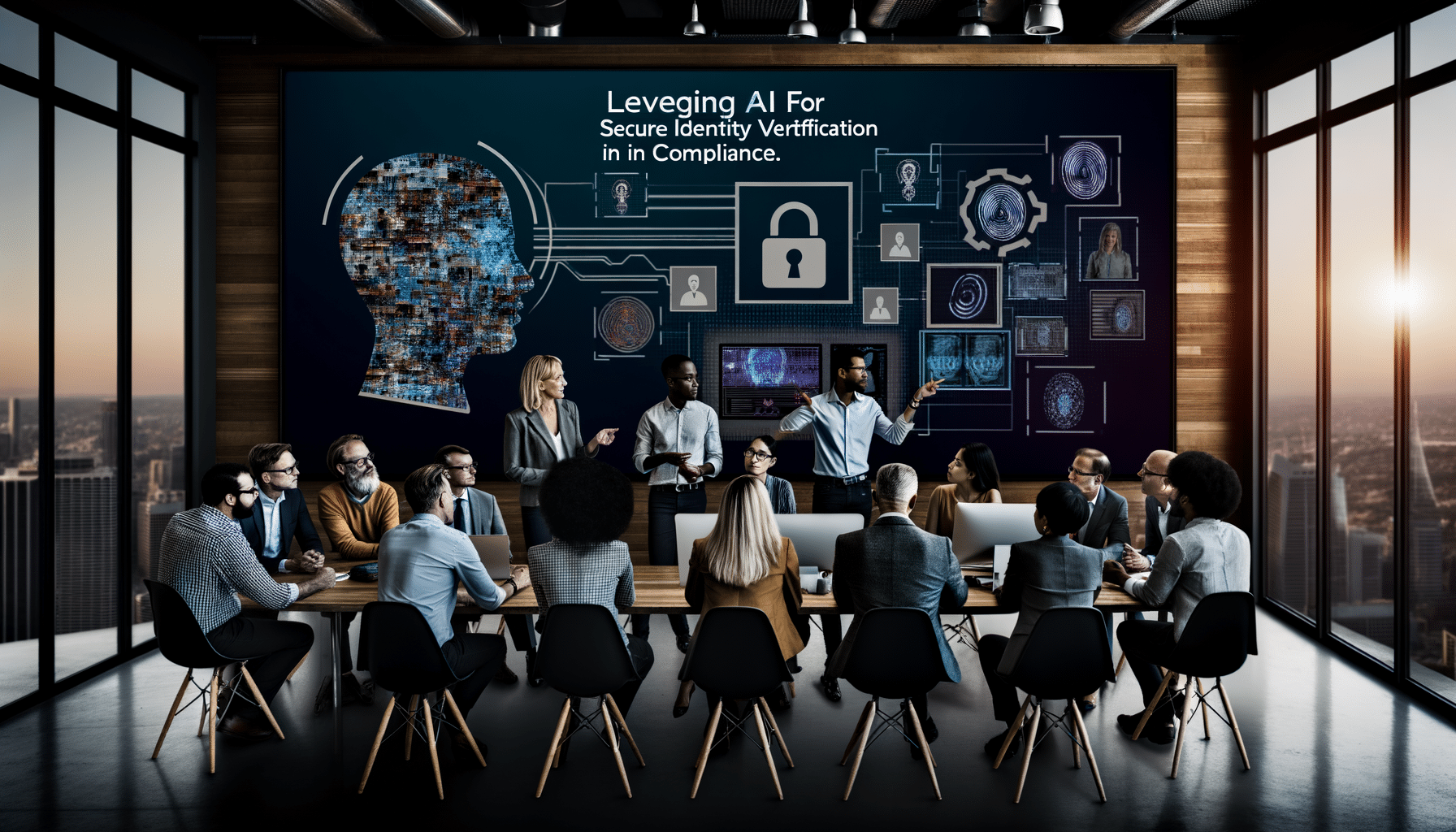In the fast-paced world of digital transformation, the way we handle audit trails is undergoing significant change. With growing demands for transparency and accountability, especially within financial and legal sectors, it’s imperative to adapt to more secure and efficient methods for tracking and verifying transactions. At RecordsKeeper.AI, my journey has led me to explore the evolution of audit trails, and how blockchain is becoming a pivotal part of this evolution. Let’s delve into the advancements and how these innovations are reshaping audit trails.
The Traditional Audit Trails: A Foundation
Traditionally, audit trails have been the backbone of an organization’s record-keeping system. They serve as chronological logs that track the who, what, when, and where of every transaction, meticulously documenting changes in a system. Although indispensable, traditional audit trails often come with their own set of challenges:
Recognizing these limitations, it’s clear why there’s a pressing need for innovation in this area.
Introducing Blockchain: A Paradigm Shift
Enter blockchain technology—a game-changer that brings unprecedented benefits to audit trails. As a decentralized ledger system, blockchain guarantees data transparency, security, and immutability. Here’s how it offers revolutionary advantages over traditional methods:
Decentralization and Transparency
With blockchain, every transaction is recorded on a decentralized ledger shared across a network. This means that no single entity owns the data, thus promoting transparency. Each stakeholder has access to the same data, minimizing discrepancies and disputes. In the realm of audit trails, this ensures that every action is open to validation and inspection.
Immutability Ensures Integrity
One of the most compelling features of blockchain is its immutability. Once a transaction is entered, it cannot be altered. Any attempt to modify data requires consensus across the network, which drastically reduces the risk of tampering. For audit trails, this means an impenetrable shield against fraudulent activities.
Efficiency in Real-Time Tracking
Blockchain technology enables real-time tracking of transactions, eliminating delays in obtaining verified information. When applied to audit trails, this capability offers organizations not only quick access to data but also the ability to swiftly detect and address irregularities as they occur.
Beyond Blockchain: The Future of Audit Trails
While blockchain itself is a robust solution, combining it with other emerging technologies opens new frontiers in audit trail management.
Integration with Artificial Intelligence
Artificial Intelligence (AI) brings an additional layer of efficiency to audit trails. By integrating AI with blockchain, it becomes possible to automate data analysis, identify patterns, and flag anomalies more effectively. At RecordsKeeper.AI, we leverage AI-driven insights to help businesses optimize their audit processes and extract actionable intelligence from vast data sets.
Smart Contracts Enhance Automation
Smart contracts, which are self-executing contracts with the terms coded into them, facilitate automatic verification and execution of agreements once predefined conditions are met. Incorporating smart contracts into audit trails adds a new dimension of automation and efficiency, further streamlining business operations.
The Strategic Advantage of Modern Audit Trails
The transformation from traditional to modern audit trails, particularly through the use of blockchain, offers strategic benefits that far exceed mere compliance. Enhanced security, seamless auditability, and real-time monitoring contribute to overall operational excellence.
As a founder, my vision with RecordsKeeper.AI is to harness these technologies to empower organizations to not only safeguard their data but also turn audit trails into strategic assets. Modern audit practices enable businesses to anticipate compliance challenges before they arise and adopt proactive approaches to governance.
Conclusion: Embrace the Future of Audit Trails
The evolution of audit trails is a testament to how technology can transform traditional paradigms for the better. Blockchain not only addresses past shortcomings but also opens new pathways for achieving transparency and integrity. Whether you’re a legal, finance, or compliance head, upgrading to modern audit solutions like RecordsKeeper.AI can give you a competitive advantage, paving the way for a future where accountability is not just assured but enriched. I encourage you to explore the possibilities that blockchain presents and follow my journey to see how we continue to innovate in this essential field.









